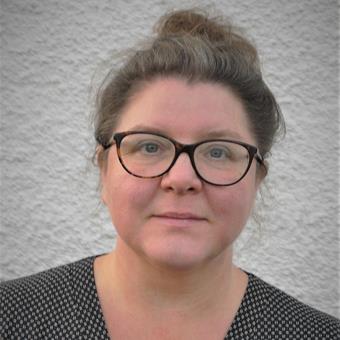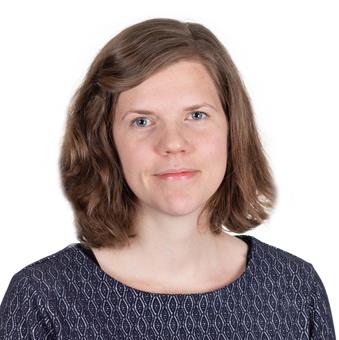Our vision is that all decision making that affect access to health care in Sweden should be based on shared priority setting principles. To guide priority setting in the health services, the Swedish parliament has decided to include three ethical principles in the Health and Medical Services Act. Decision making regarding health care should be based on these three ethical principles and be evidence based. Decisions should also be made in a transparent process.
The centre has the following objectives:
- Collaborate with a broad range of stakeholders in developing methods that can be used to support open priority setting
- Stimulate awareness and debate on open priority setting
- Conduct research on priorities in health
- Contribute to the exchange of knowledge between research and health care systems
- Contribute with knowledge-based support to state agencies and care providers
- Arrange a biannual national conference on priority setting within health and social care
- Develop and offer courses and consultancy services
Organisation
The Swedish National Centre for Priorities in Health was established in 2001 as a national centre focusing on priority setting in health and social care. Initially, the centre was commissioned by the Ministry of Health and Social Affairs, and the Swedish Association of Local Authorities and Regions. Today the main sponsors are the Ministry of Health and Social Affairs, Östergötland Region and Linköping University. The Swedish National Centre for Priorities in Health has an advisory board consisting of representatives from our funders and state agencies. In 2010 the centre became part of Linköping University and is today part of the Unit of Health Care Analysis at the Department of Health, Medicine and Caring Sciences (HMV), Linköping University.
Nordic Network for priorities in health
In September 2018 a Nordic network for priorities in health was established at the Priorities 2018 conference in Linköping, Sweden. A pre-conference meeting gathered participants from Norway, Finland and Sweden who gave presentations on ongoing research and policy work within the different countries. The meeting gave rise to a number of cooperative efforts from the participants. An informal Nordic network on priorities in health was established, administered by the Swedish National Centre for Priorities in Health. To join the Nordic Network, sign up for PrioNord News.
Our research
A central objective of The Swedish National Centre for Priorities in Health is to conduct research on priorities in health. To find published research articles by researches at the centre, search for the author's name in the research database DiVA. You can also find more information about the work of the Swedish National Centre for Priorities in Health and our national conference on our Swedish website (click Svenska in the menu to reach it).





















